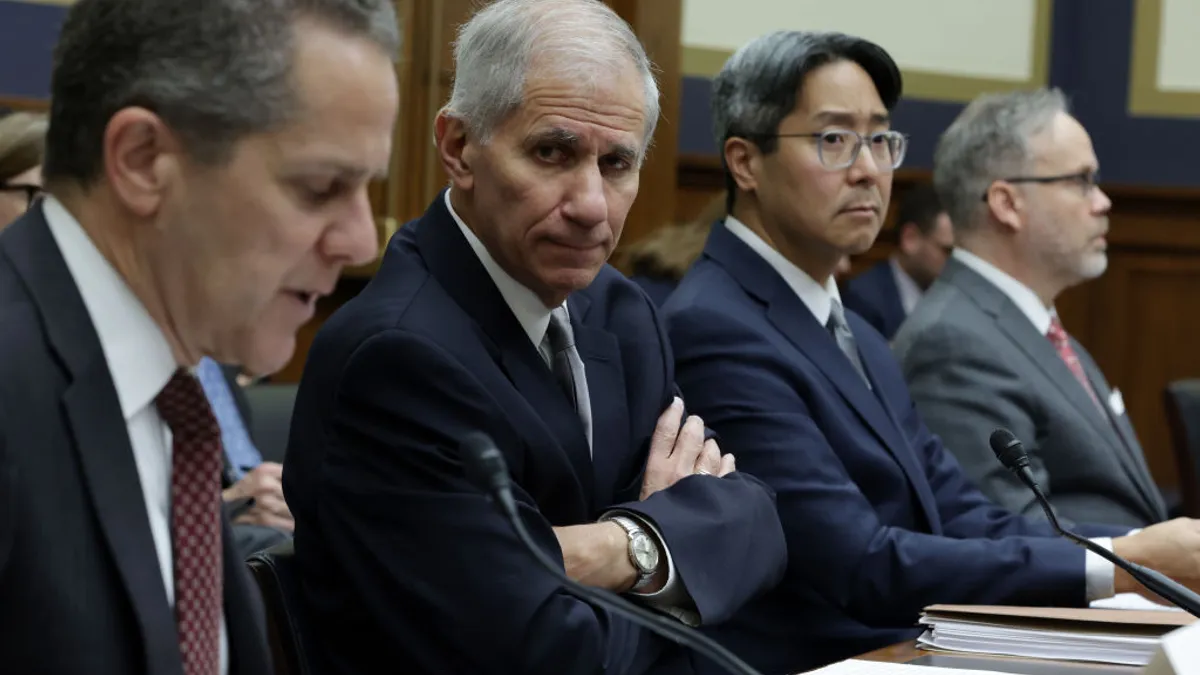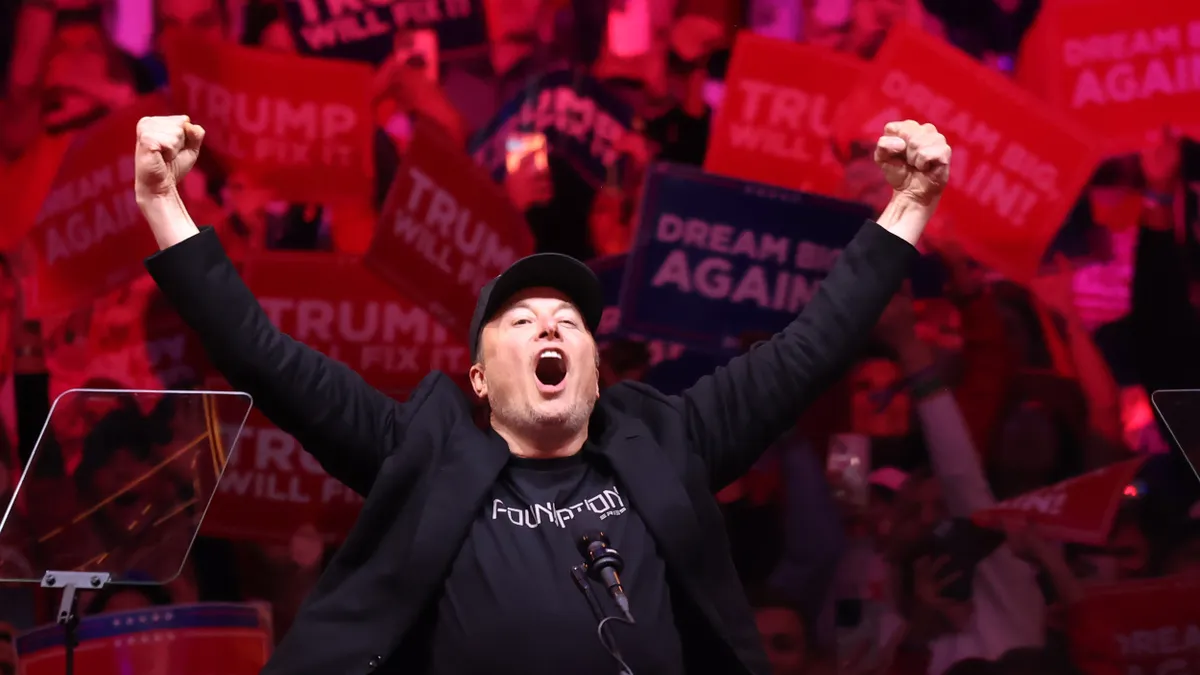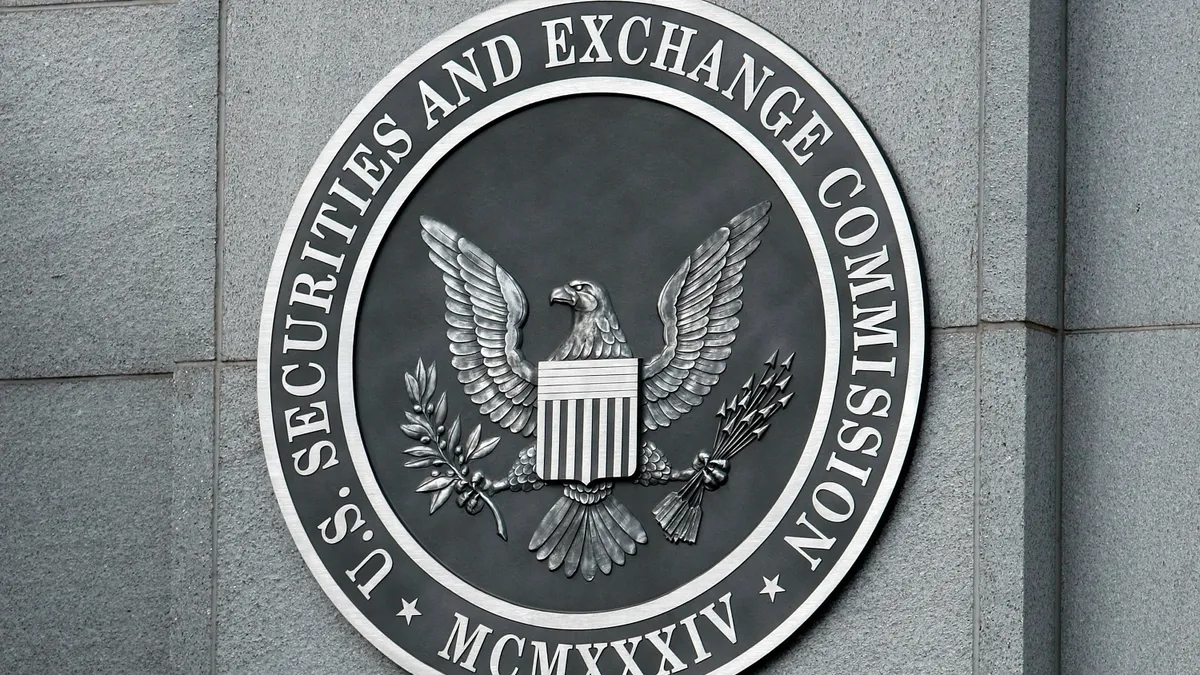Republicans on the House Financial Services Committee on Wednesday sought to persuade bank regulators to commit to pausing any rulemaking plans until President-elect Donald Trump takes office in two months.
During the committee’s oversight hearing of the Federal Reserve, the Office of the Comptroller of the Currency, the Federal Deposit Insurance Corp. and the National Credit Union Administration, Republicans bemoaned the “disastrous” and “partisan” regulation that’s come from those agencies during the Biden administration.
Given the outcome of the presidential election, “the era of post-financial crisis regulation is over,” committee Chair Patrick McHenry, R-NC, told regulators. “This administration’s regulators failed to see it. And unfortunately, for you all, it’s too late to right the ship.”
Additionally, FDIC Chair Martin Gruenberg faced more Republican ire for continuing to lead the agency. Gruenberg last appeared before the committee in May, just days after the release of law firm Cleary Gottlieb’s scathing report on the FDIC’s work culture.
Gruenberg told FDIC staff Tuesday that he would retire, leaving his post Jan. 19, the day before Trump is sworn in. But Republicans on Wednesday denounced that move and expressed disapproval that he hasn’t yet left.
Just ahead of the hearing, the committee’s Republicans issued a report detailing the FDIC’s workplace culture under Gruenberg and introduced a resolution calling for Gruenberg’s immediate removal.
Given the upcoming change in presidential administration, Republicans called on regulators to avoid moving forward with new rules and regulations in the next two months.
“We don’t want to spend the last few weeks of the Biden administration fighting over bad policy ideas,” said Rep. French Hill, R-AR. Hill is one of the top contenders to replace McHenry, who didn’t seek reelection this year.
Rep. Blaine Luetkemeyer, R-MO, prodded regulators on whether they’re reviewing finalized regulations and considering rolling back rules. Rep. Zach Nunn, R-IA, who scolded regulators for their “anti-crypto crusade,” aimed to get each official to commit that their agencies would halt “overregulation” during “the dying light of your time here.”
Acting Comptroller Michael Hsu said the OCC would follow the Administrative Procedure Act and do its job, but appeared to indicate the agency wouldn’t put forth new proposals before being cut off by Nunn. Gruenberg noted the FDIC has a number of rulemakings in process and has extended comment periods for some, but doesn’t expect any will be ready for action before the end of Biden’s term.
Michael Barr, the Fed’s vice chair for supervision, said the central bank expects to work with new colleagues at the OCC and FDIC in the coming year on its three rulemakings in the works, including the closely watched capital requirements proposal.
In September, Barr laid out adjustments to that proposal, which regulators acknowledged Wednesday isn’t likely to move forward during Biden’s term.
The agencies have other joint efforts in the works, such as one related to combating elder fraud, but on “the major rulemakings that people are focused on,” Barr said he plans to wait to work with new colleagues at the OCC and FDIC, and other regulators present nodded in agreement.
The changes to the Basel proposal “take on the major issues in the comment letters that have the most material impact,” Barr told lawmakers Wednesday. “They’re not designed to be comprehensive. There are additional changes that I would expect would be appropriate prior to finalizing the Basel III endgame rule.”
Rep. Brad Sherman, D-CA, sought to find out if Barr was willing to “go it alone” on the Basel proposal, if the next heads of the OCC and FDIC are “incredibly unreasonable.”
“You could have a [Rep. Matt] Gaetz, you could have a [Sen. Marco] Rubio. What do you do if you end up with unreasonable colleagues?” Sherman asked Barr, referring to Trump’s picks for attorney general and secretary of state.
“I’m not going to engage in a hypothetical,” Barr replied.


















